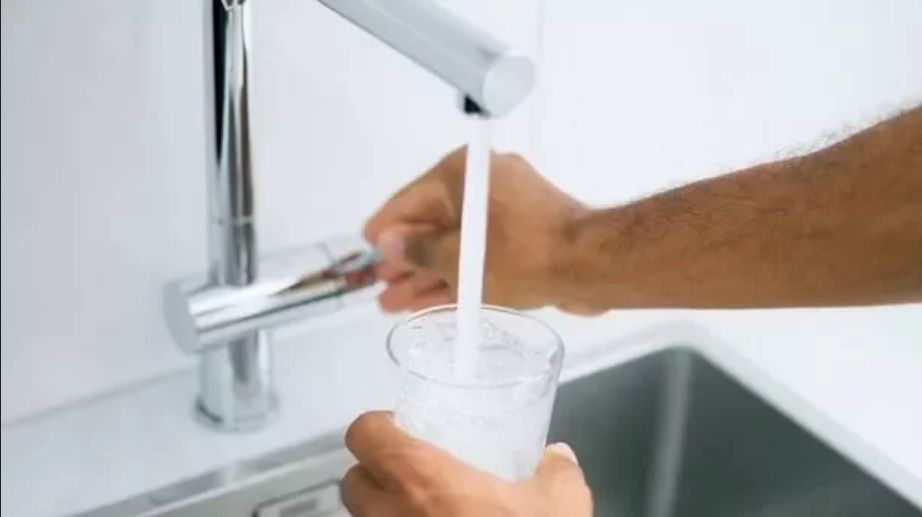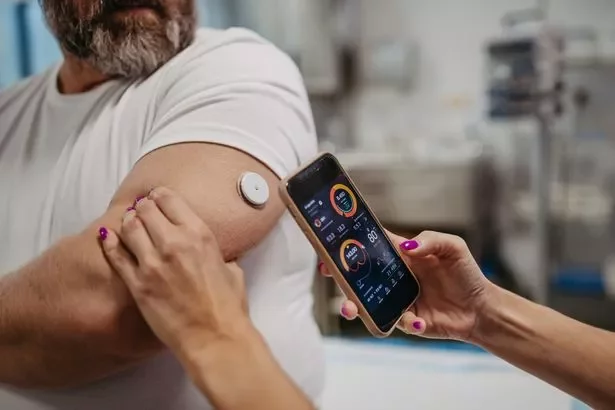
Diabetes is a relatively well-known condition that affects more than 4.3 million people in the UK.
Many will recognise its major symptoms, which include fatigue, weight loss without effort, and feeling more hungry than usual. However, fewer know about a more unusual symptom of the disease – excessive thirst.
Excessive thirst, or polydipsia, crops up with both Type 1 and Type 2 diabetes. Type 1 is an autoimmune condition that means a person’s immune system mistakenly attacks and destroys its own insulin-producing cells such that the body is unable to regulate blood sugar levels, whereas Type 2 is an issue of insulin resistance – the body still makes insulin but is unable to use it effectively.
Feeling thirsty is a signal from the brain to replenish body fluids when dehydrated. When diabetes is untreated, the kidneys must work harder to filter excess glucose and expel it from the body through urination. But if you’re not drinking enough to compensate for this fluid loss, the kidneys may take fluid from body tissues and urine to clear out the glucose.

Alleviating excessive thirst usually means tackling the underlying condition
If you are drinking more to quench your thirst, you’ll urinate more often – hence excessive thirst and frequent urination usually come together.
It’s worth bearing in mind that excessive thirst isn’t necessarily a warning sign of diabetes. Many medications cause thirst and dry mouth, including:
Polydipsia isn’t just irritating – it can lead to serious health issues further down the line if left unchecked. Prolonged dehydration can cause nausea, dizziness, headaches
and fainting. And ironically, dehydration means one urinates less, such that the body may not be getting rid of excess blood sugar – shooting up blood sugar levels.
Dry mouth may be a symptom of conditions besides diabetes, including:
If diabetes is the underlying condition behind excessive thirst, getting that under control is the first step to finding relief. Insulin therapy, administered by injection, insulin pump, insulin pen, or inhaler, is often used to manage diabetes. Oral medications are also available.
But in the short-term, strategies like sucking on sugar-free hard candy or chewing sugar-free gum can make you produce more saliva. Over-the-counter saliva substitutes are also available.
Cutting back on caffeine – which exacerbates a dry mouth – and avoiding mouthwashes that contain alcohol can also help. So too can sipping water throughout the day.